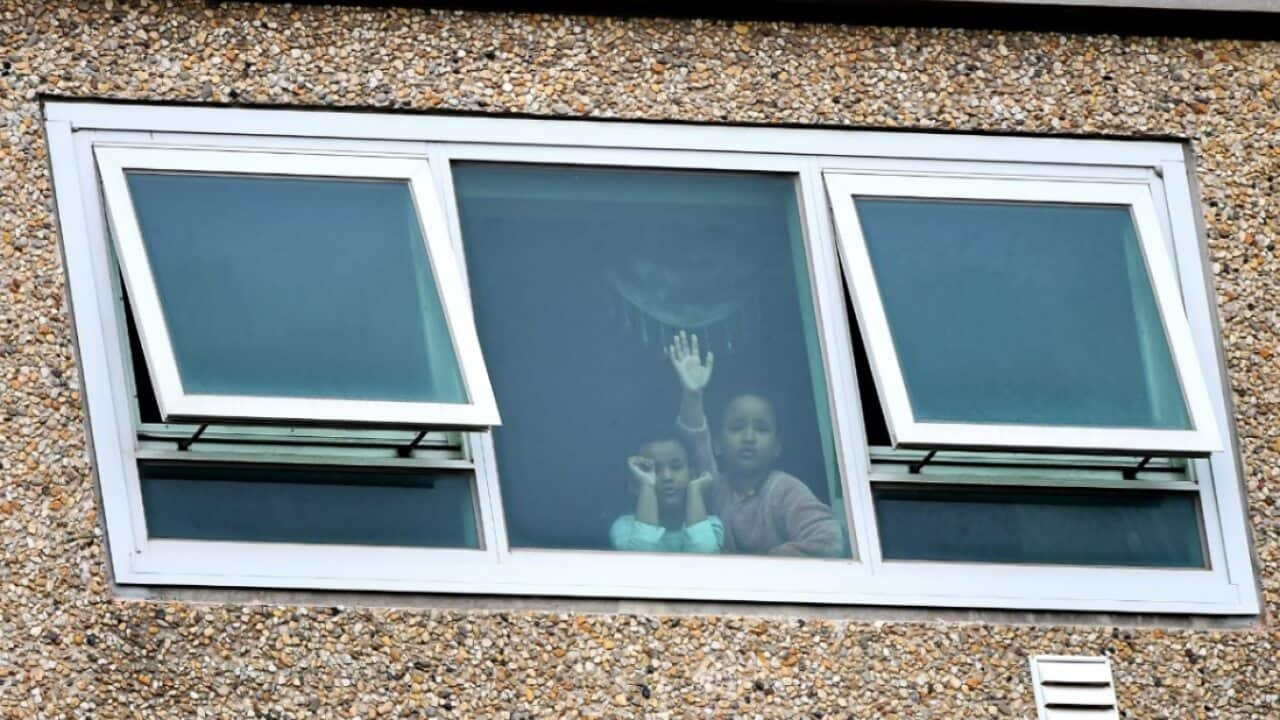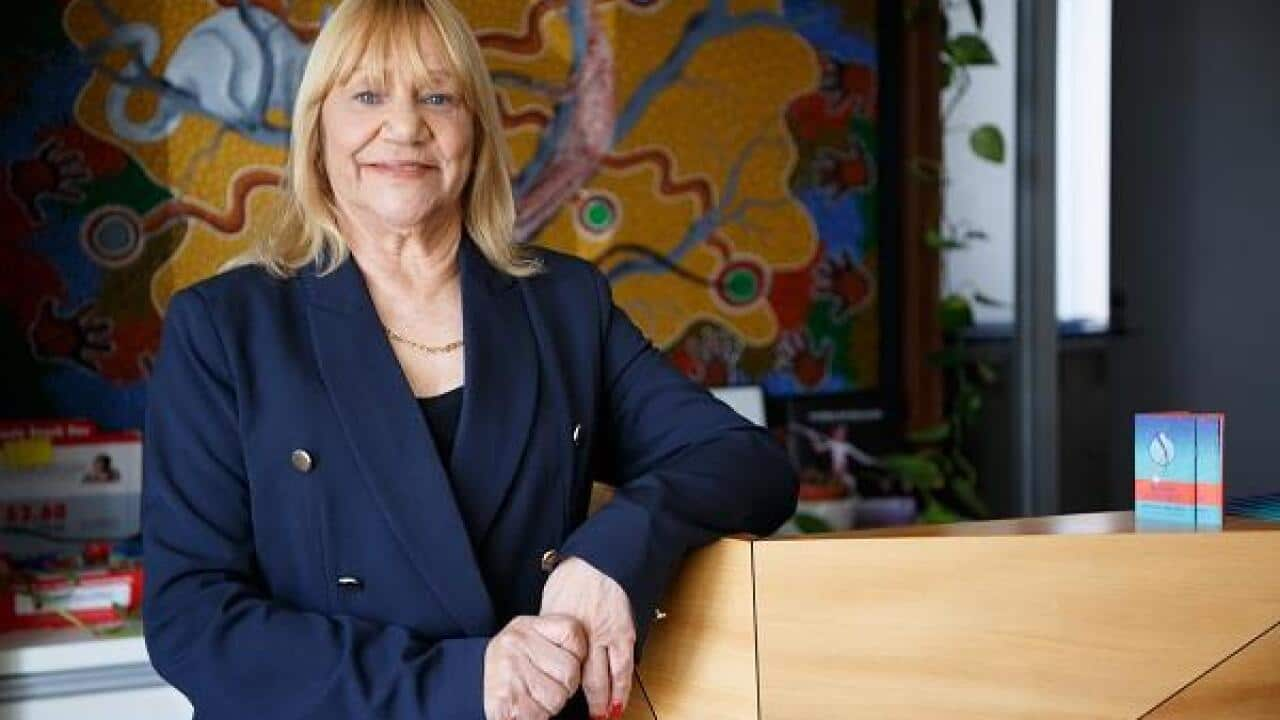A boy stares out the window looking down at the street. Everyday, he opens and closes the curtains.
His mother is afraid her son who has a range of disabilities will get in trouble if the police misunderstand his behaviour.
This boy and his mother are one of the 12 First Nations families with disabilities caught inside Flemington’s public housing towers.
Jody Barney is a deaf Birri-Gubba/Urangan woman who runs the Deaf Indigenous Community Consultancy. She is deeply concerned about their welfare.
“Some families are overwhelmed, it's a lot of burden for families,” she goes on to explain they “have complex communication needs, intellectual disabilities, deafness, and some speech impairment so communication for them is difficult”.
Through her work, Jody has known many of the families for 25 years.
When the lockdown was imposed, they contacted her for help.
“Some of them contacted me to ask me questions about what’s actually going on. Because of various reasons they didn’t know about.”
As Jody explains, it wasn’t that they just didn’t know about it, they’d been out of the building and then confronted by authorities when they got home.
“That’s how they found out because they were asked for proof of their address. Some people were already stuck in isolation, so they weren’t too sure why things were being locked down. They sent me text messages and asked me lots of questions.”
Most of the families have now run out of data and don’t have access to the internet.
To explain what’s going on, Jody has been texting them homemade videos they can watch on their phones.
“Some of them have Auslan skills but some of them don’t have a deeper understanding so sometimes I have to gesture using Aboriginal, cultural appropriate signs just to give them information.”
In a situation like this, good communication is everything.
“Some of the letters they get are written in convoluted English. Many of the families don’t understand so I had to break that down for them and translate that into Auslan.”
This problem involves all 12 families, with a total of 11 males and 14 females with disabilities caught at the centre of this crisis.
In normal circumstances, the National Disability Hotline is an alternative source of information .
In this crisis however, Jody Barney says it isn’t always useful to these families with special needs.
“Many families don’t have access to 1800 numbers, many of them don’t have access to the internet.”
She also points out that the hotline is not always sensitive to their cultural background.
“The hotline’s great if you want to have contact with other people, but vulnerable families who need culturally safe practises for them to access it in this state”
To help the families, Jodie has been transferring data, funding its purchase out of her own pocket.
“How else are they going to find out what’s happening? It’s my community responsibility really to make sure that I’m looking out for the vulnerable people in the community.”
Back in the apartment, the young boy is still staring out the window.
His mother tells Jody she is fearful of the police presence around the building.
“There’s a lot more community members who have a disability and are fearful of the police ... fears of being arrested, going to jail, being separated from their family.”
The police have responded to concerns about their presence at the high rise towers saying they are simply following orders.
At a press conference on Monday, Police Association Victoria Secretary Wayne Gatt said VicPol could not be "everything to all people”.
“And so to the extent that there are deficiencies, the government needs to look at ensuring that additional support comes down here to help in the humanitarian effort.”
Jodie has been in contact with the Department of Health and Human Services and organisations like the Australian Federation of Disability Organisations (AFDO) for further support.
In the meantime, she’s trying to fill the gap with her videos.
"So I'm sort of put in this Aunty Jody role to support this mother and her son (and the other families) . . . I think it’s their right to understand what’s going on.”











